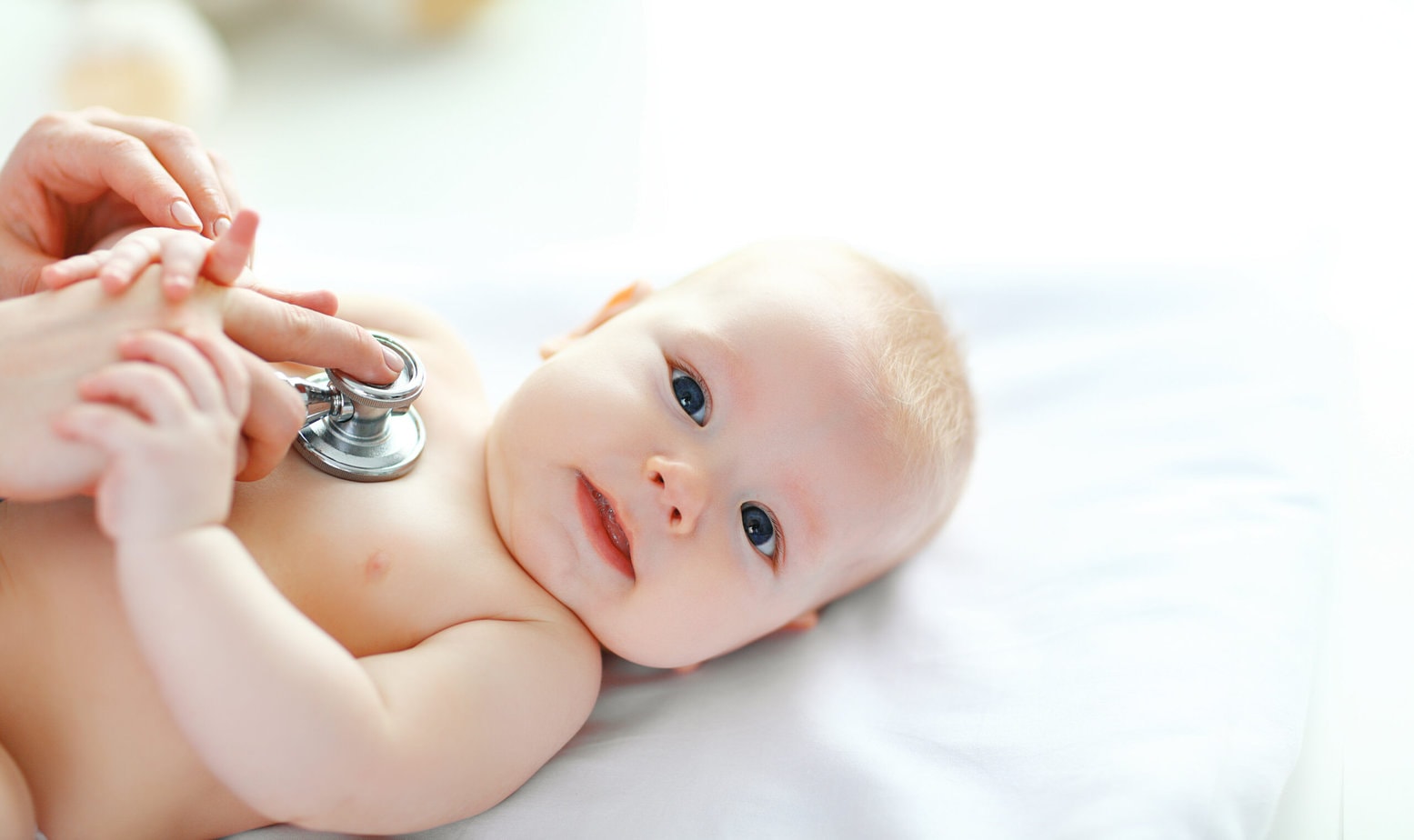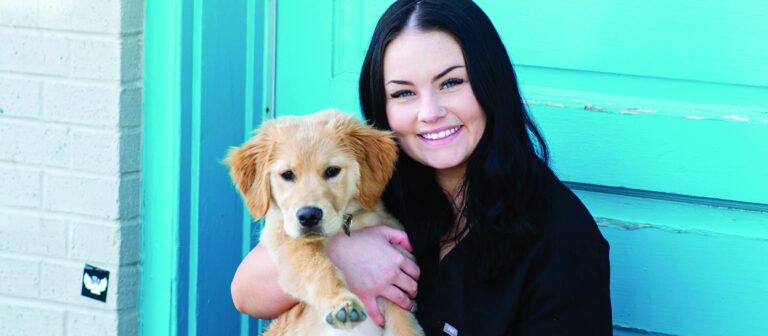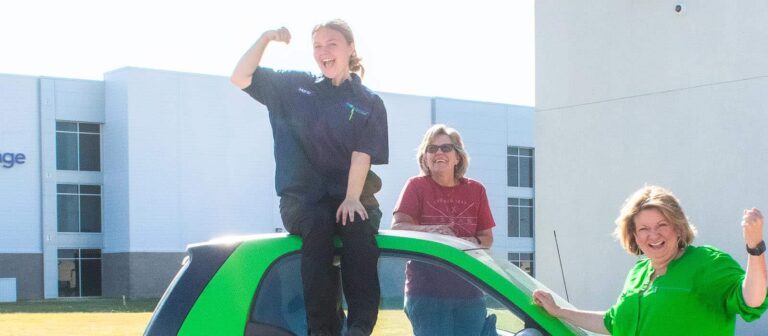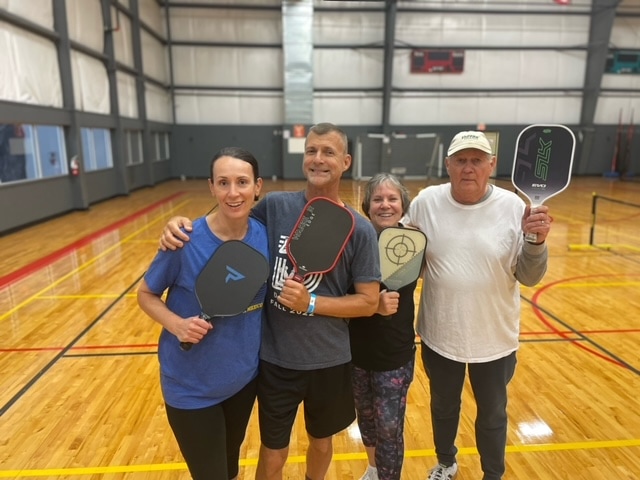RSV and Babies
Lantana Pediatrics
RSV (Respiratory Syncytial Virus) is a cause of the “common cold” in older children and adults, however, it can cause more problems in babies and young children. Typically, RSV causes cold symptoms, which may be followed by bronchiolitis or pneumonia. RSV symptoms are typically at their worst on days 3 through 5 of illness. Symptoms generally last an average of 7-14 days. Cold symptoms (Upper Respiratory Tract Infection)
- Fever (temperature of 100.4 or higher)
- Cough (dry or wet sounding)
- Congestion
- Runny nose
- Sneezing
- Fussiness
- Poor feeding
Bronchiolitis symptoms (Lower Respiratory Tract Infection)
May include cold symptoms, plus: - Fast breathing
- Flaring of the nostrils & head bobbing with breathing
- Rhythmic grunting during breathing
- Belly breathing, tugging between the ribs and/or the lower neck
- Wheezing
How to help your child with mild RSV feel better
There is no specific treatment for RSV, and medications, like steroids and antibiotics, do not help with RSV. To help your child feel more comfortable, begin by doing what you would for a bad cold:
- Nasal saline with gentle suctioning to allow easier breathing and feeding.
- Cool-mist humidifier to help break up mucus and allow easier breathing.
- Fluids & frequent feedings. Make sure your child is staying hydrated. Infants with a
common cold may feed more slowly or not feel like eating because they are having
trouble breathing. Try to suction baby’s nose before trying to breastfeed or bottle-feed. - Tylenol or Motrin (if older than 6 months) to help with fevers. Always avoid aspirin.
Only use cough and cold medications if directed by your doctor.
Keep in mind, children and adults can get RSV multiple times — even during a single season.
Often, however, repeat infections are less severe than the first one.







